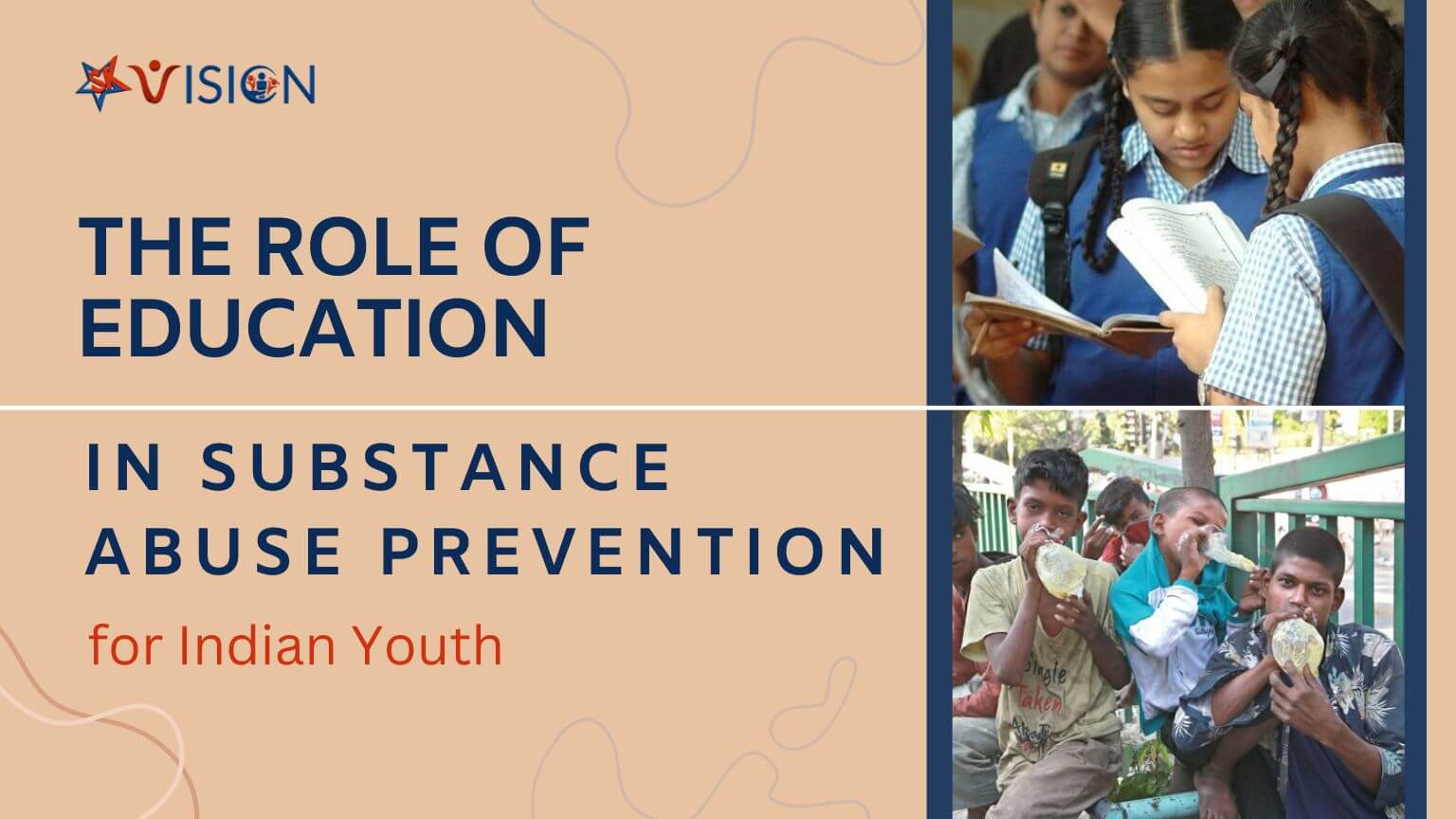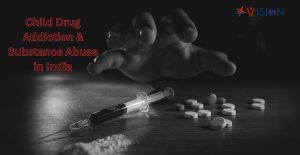Introduction:
When it comes to substance abuse prevention. First, we have to understand where it comes from. How do young people get addicted to such things? Drug abuse among the youth in India is increasing day by day at an alarming rate.
The most commonly used substances include alcohol, cigarettes, cocaine, nicotine and sometimes substances such as inhalers which they use rapidly. These drugs have adverse effects on young lives socially, economically and personally.
Since substance abuse rising trends of nicotine addiction in Indian children and adults is increasing rapidly among the young generation, there is a need in the society that the education sector should include this subject in the curriculum like other subjects like mental health, nutrition, sex education etc.
Reasons Why Indian Youth Get Addicted:
Friends’ influence:
In today’s era, children are greatly influenced by their friends and family. Nowadays teenagers often consume substances like alcohol, nicotine, cigarettes, tobacco etc. They have this misconception that if they use these types of things they will look cool and fashionable.
Eagerness and Experiment:
Today’s youth are very interested in what others do. They just want to do what others are doing without thinking whether it is good or bad for them. They just want to try and then become addicted to those substances.
Availability:
In today’s commercial age, things like these substances are often available anywhere, anytime. You may find more stalls selling drugs than any healthy drinks or food items. Things like alcohol, drugs or nicotine may be available in black even in restricted areas.
Academic Pressure:
According to research, experiencing excessive stress in school actually reduces children’s motivation to complete work, adversely affecting their overall academic performance and increasing the likelihood of dropping out of school. This leads to health problems like anxiety, substance abuse, depression and restless nights.
Stress:
Today’s education system is also putting a lot of pressure on students. This time, the competition to get selected has become very high. Because of this, students work harder and study all night. To stay awake the whole night, they usually consume various substances, such as cigarettes, nicotine, caffeine, etc.
Relationship Stress:
Relationship issues have become a reason for drug addiction. The person also becomes emotionally vulnerable in the event of betrayal or the demise of a loved one, where they easily become addicted. Just to ease or forget their pain, they started using substances.
Family History of Addiction:
Children who have seen their parents struggle with drug addiction are more likely to develop substance use disorders. Children are greatly influenced by their parents. The initial impact on him was his home environment. Due to which it becomes easier for them to get addicted.
Financial Issues:
Financial problems in the family create a bad environment for children. They are forced to do child labour to help their family. Fed up with their regular problems, the children started roaming on the streets and came in contact with a drug addict.
How Does Education Divert the Youth From Addiction:

Education plays an essential role in creating awareness among the youth about substance abuse. It makes people aware about the risks and consequences of substance abuse, so that they can prevent themselves from getting addicted or affected by such things.
This is how education affects youth:-
Helps to realize the mistake at early stage:
Taking quick action is the key to recovery from addiction. Education helps in understanding the advantages and disadvantages of drugs. Education gives people the knowledge they need to understand risk factors and dangers and provide guidance before things get worse.
Makes people strong:
Education is the path through which you can feel yourself stronger than anyone. It helps to stand up for yourself. It enables people to explain the effects of substance abuse to others.
Help to tackle their problems in a right way:
Education is something that makes people understand the difference between right and wrong. Education enables them to understand the problems and try to solve them in the right way by giving up drug addiction.
Developed skills:
Education helps people acquire useful life skills and effective ways of coping. People do not become addicted to drugs or alcohol when they know how to deal with stress, anxiety, and other factors without using substances.
Effect of Substance Abuse on Indian Youth:
Mental health
Children who abuse substances are more likely to suffer from mental health issues such as depression, behavioural problems, personality disorders, suicidal thoughts, suicide attempts and self-harm compared to children who do not abuse. it occurs.
They are often associated with various health and behavioural risks, such as being more likely to use drugs, experience violence, and engage in risky sexual activities that can result in HIV, STD, and premature birth.
Social and economic consequences
Illicit drug use and consumption harms culture, society, and the economy. They also reduce productivity, increase health care expenditures and harm public health. Drug use is one of the main social-economic issues affecting the physical and emotional well-being of people as well as society at large.
Drug addiction in childs not only destroys family unity but also imposes a huge financial burden on the society. The consequences of drug abuse on the economy are endless.
Involve in criminal activity
Addiction is harmful for the society. In times when addiction is not prevalent, crime is much lower than in times when addiction is prevalent. Drug abusers affect society by committing crimes to pay for their drug addiction.
Conclusion:
Education can prevent substance abuse by encouraging early prevention, increasing awareness, and providing people with important life skills to develop their lives.
Education is a very powerful tool to prevent substance abuse. Educational programs and initiatives in schools can help students accept the negative effects of alcohol and drug use. It also develops life skills that help children develop healthy ways of solving issues, handle difficult situations, and develop a positive attitude.


